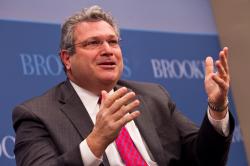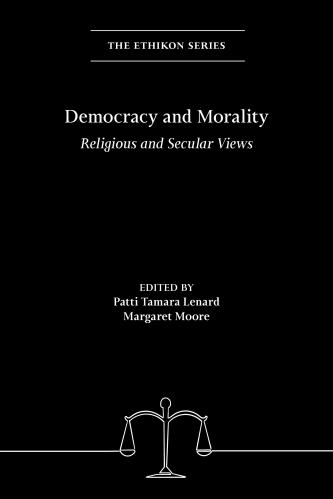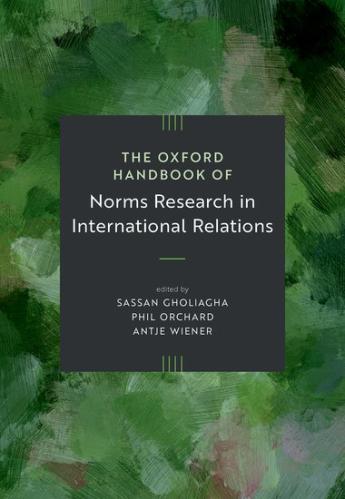In the next four years, President Obama has a choice about whether to make democracy building and a liberal world order key tenants of his foreign policy plan. Martin Indyk and Robert Kagan write this memorandum to the President as part of the Big Bets/Black Swans: Presidential Briefing Book.
-
- Will America turn inward and away from an increasingly messy world?
-
- How can American take advantage of this plastic moment to mold the changing global order to best serve the United States and humankind?
-
- Will America launch a new effort to strengthen and extend the liberal world order?
As you enter your second term, the state of the world is remarkably unsettled. The leading powers are beset with economic crises or are in various states of political transition or gridlock. The Middle East is in a state of political upheaval. Tensions are rising in East Asia. The world’s institutions, whether the United Nations, the G-20, or the European Union, are weakened and dysfunctional, and seem to be pulling apart in the absence of concerted leadership. The liberal world order established after the Second World War — characterized by a free, open international economy, the spread of liberal democracy, and the deepening of liberal, peaceful norms of international behavior — is fraying at the edges.
It is a time of uncertainty and instability for the world, and for the United States; but it is also a moment of opportunity. Almost a century ago, when the United States entered the First World War, the philosopher John Dewey observed that the world was at a “plastic juncture.” He and many other progressives believed that the unsettled world of their day offered the United States and the other democratic powers a chance to remold the international system into something better. Americans walked away from that challenge and would embrace it only after a second catastrophic breakdown of world order. Today, we are at another “plastic juncture.” Will America turn inward and away from an increasingly messy world? Or will we launch a new effort to strengthen and extend, both geographically and temporally, the liberal world order from which Americans and so many others around the world have benefited?
The answer depends very much on how you choose to make use of your next four years in office. Unfortunately, there is not a lot to show for your first four years. In many respects, this is understandable. The economic crisis that you inherited made steady concentration on foreign policy more challenging. The two wars you inherited in the Greater Middle East had been bungled by your predecessor and cost the United States dearly, both materially and in terms of reputation. You began to restore that reputation through your own global appeal and the efforts of your Secretary of State.
FULL TEXT CONTINUES
The Brookings Institution is committed to quality, independence, and impact.
We are supported by a diverse array of funders. In line with our values and policies, each Brookings publication represents the sole views of its author(s).








